Indonesia has chosen an area on the eastern edge of Borneo island for its new capital, President Joko Widodo announced on Monday (Aug 26), as the country looks to shift its political heart away from congested megalopolis Jakarta.
The proposed location in the province of East Kalimantan - near the regional cities of Balikpapan and Samarinda - is in the geographical centre of the Southeast Asian archipelago, and an area where the government already owns about 180,000 hectares of land, the president said.
"We have concluded that the most ideal location for the new capital city is partly in Penajam Paser Utara District and partly in Kutai Kertanegara District," President Widodo said in a televised speech.
The site in the province of East Kalimantan is at "minimal" risk of natural disasters, he added.
"The location is very strategic - it's in the centre of Indonesia and close to urban areas," the president said.
"The burden Jakarta is holding right now is too heavy as the centre of governance, business, finance, trade and services."
Widodo said moving the capital from Jakarta would cost 466 trillion rupiah (US$32.79 billion), of which the state would fund 19 per cent, with the rest to come from public-private partnerships and private investment.
The government would draft a Bill for the move which would be sent to parliament.
During his state of the union speech in parliament on Aug 16, Widodo formally proposed the move from the current capital - a crowded, polluted city of 10 million people - to somewhere in Kalimantan.
"A capital city is not just a symbol of national identity, but also a representation of the progress of the nation. This is for the realisation of economic equality and justice," he said.
Jakarta is home to more than 10 million people, but around three times that many live in the surrounding towns, adding to severe traffic congestion that the government estimated costs US$7 billion in economic losses each year.
The traffic-clogged capital has also consistently ranked among the world's most polluted cities.
In April, Widodo's planning minister said the government would design a new capital to house 900,000 to 1.5 million people, mostly government employees and their families.
While most government offices would be relocated, the central bank, as well as financial and investment authorities, would likely stay put, Bambang Brodjonegoro said.
Shifting from problem-plagued Jakarta would also transfer Indonesia's power base off Java island, where about half of the sprawling archipelago's 260 million people live.
"Moving the capital of Java is a gesture that aims to solidify unity," said Jakarta-based political risk analyst Kevin O'Rourke.
"Jakarta will continue to be a megacity - as a centre for finance and commerce - for a few more decades, but ultimately it is at severe risk to climate change."
Building work is set to begin next year with the move of some 1.5 million civil servants slated to begin by 2024, officials said.
HOME TO RAINFORESTS, MINES
Known as Kalimantan, Indonesia's section of Borneo - the island it shares with Malaysia and Brunei - is home to major mining activities as well as rainforests, and is one of the few places on Earth with orangutans in their natural habitat.
Environmentalists expressed concerns the capital city move could threaten endangered species.
"The government must make sure that the new capital is not built in a conservation or protected area," said Greenpeace Indonesia campaigner Jasmine Putri.
The region has also been blanketed in haze from annual forest fires that ravage vast swathes of land.
"That makes Kalimantan unfit as a candidate for a new capital city," said Jakarta-based urban planning expert Nirwono Joga.
"And the move won't necessarily free Jakarta of problems like flooding, traffic jams and rapid urbanisation."
Concerns have soared over the future of Jakarta. Built on swampland, the city is one of the fastest-sinking cities on Earth, with experts warning that a third of it could be submerged by 2050 if current rates continue. The problem is largely linked to excessive groundwater extraction.
But the city of 10 million - a number that bloats to about 30 million with surrounding satellite cities - is also plagued by a host of other ills, from long traffic jams and pollution to the risk of earthquakes and floods.
Indonesia is not the first country to move its capital. Myanmar and Malaysia have both moved their seat of government, while Brazil, Pakistan and Nigeria are among the nations that have also shifted their capital cities.
_PH_Banner_(Desktop)(1200x180px).png)
.jpg)
.jpeg)
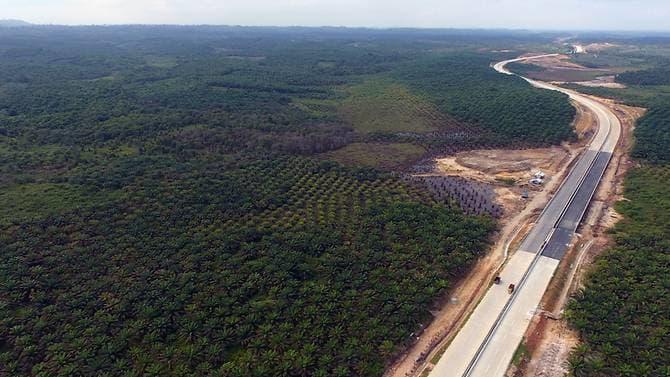

.jpg)
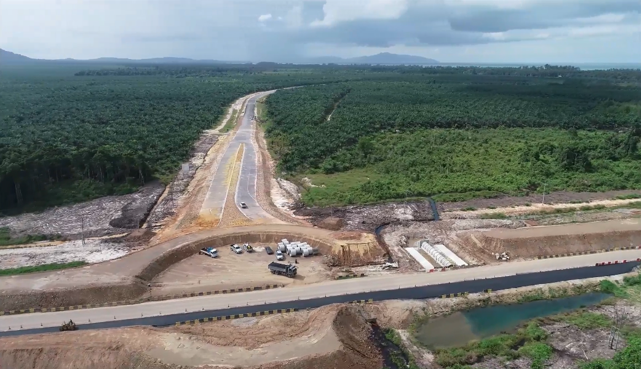
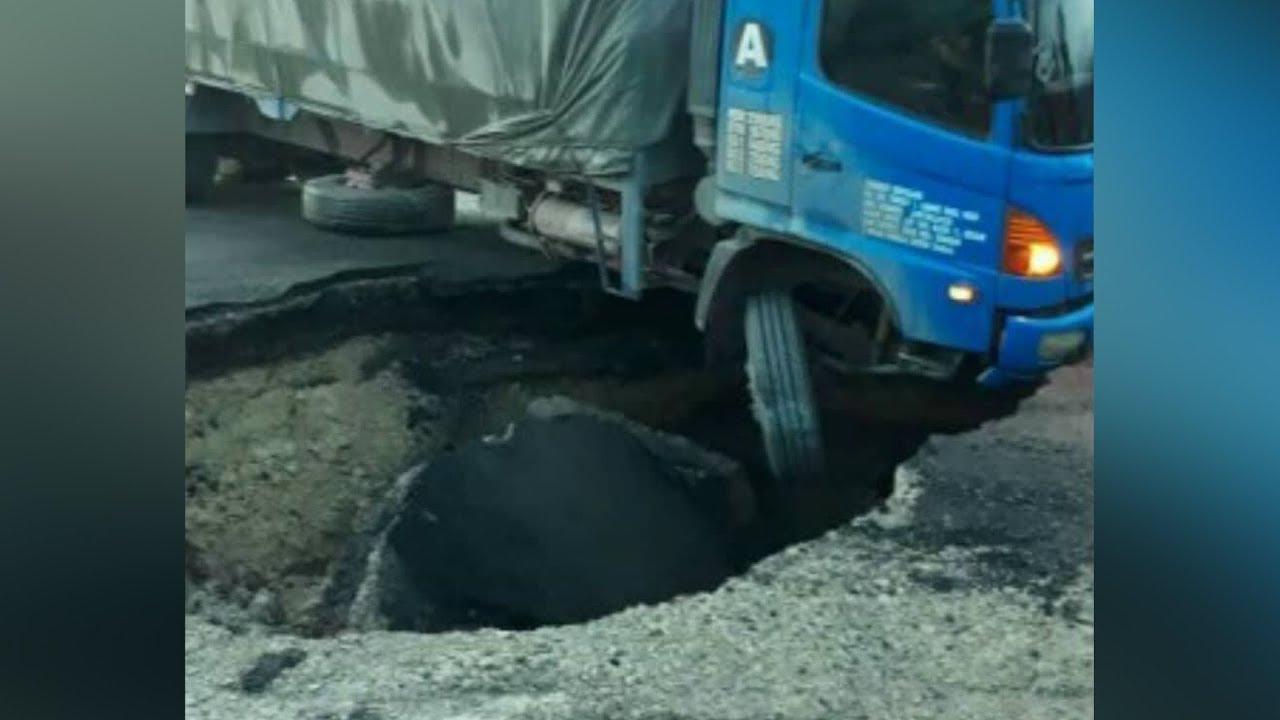
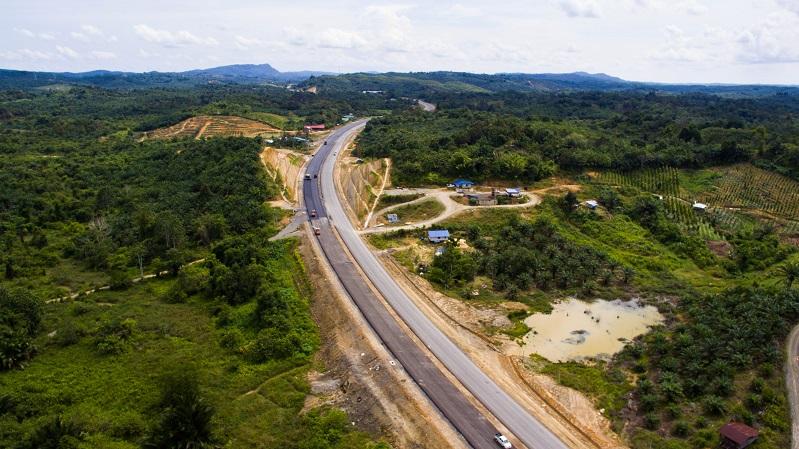
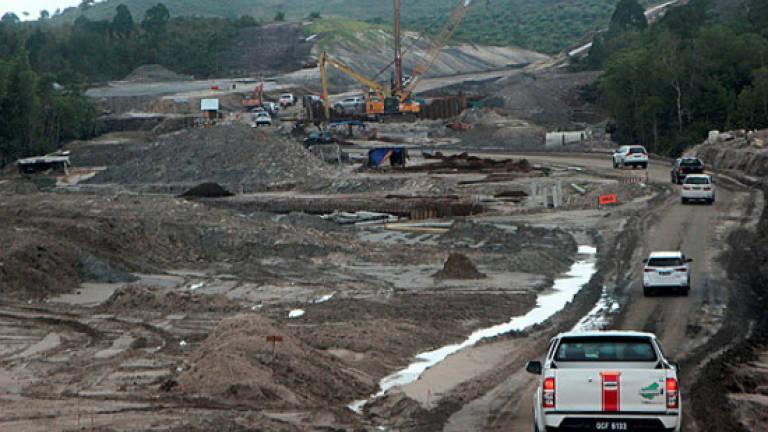


.jpeg)
.jpg)
